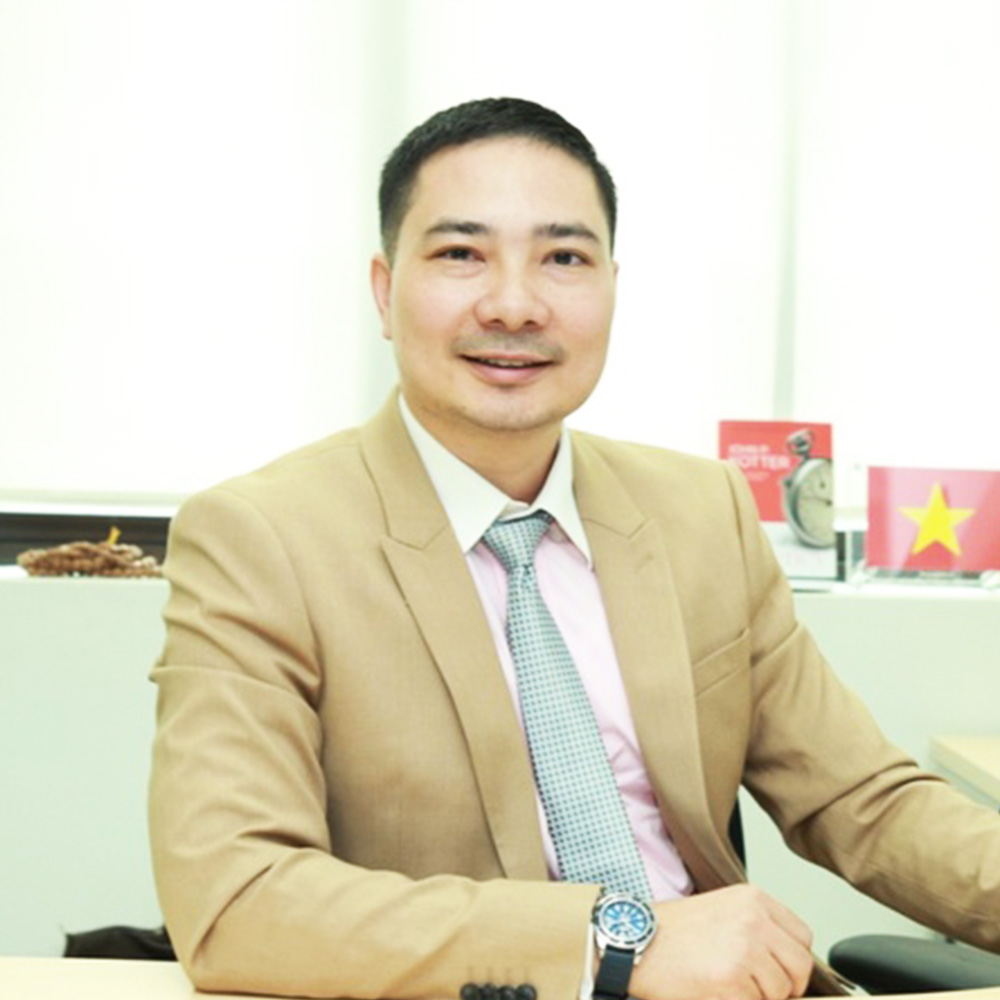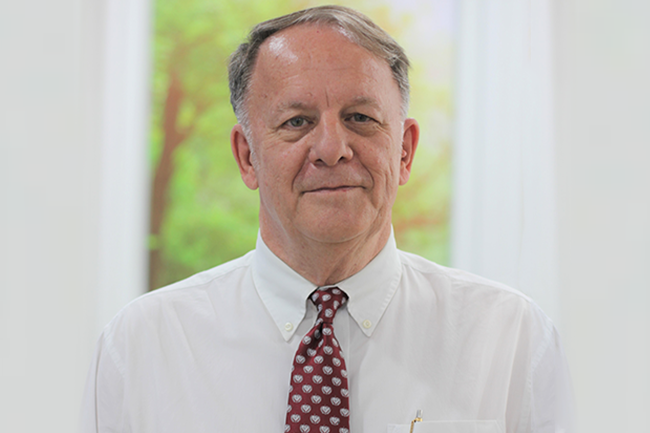Merely from scratch not so long ago, corporate social responsibility (CSR) in Vietnam has made long strides forward, with hundreds of billions of Vietnam dong being committed each year now by enterprises across the country to lend a helping hand to the disadvantaged people, to education, to environmental protection, and to economic development. Needless to say, millions of people and the economy in general have benefited from the generosity of corporate citizens, and the endeavor increasingly goes on.
Experts and practitioners agree that CSR has seen impressive transformation over the years, starting with few enterprises showing the sympathy towards underprivileged people in the first place before becoming a strategic goal among many enterprises who are now aware that community development is vital for the sustainable development of themselves and the wide society.
Looking back at the transformation, Rad Kivette, CEO of VinaCapital Foundation, says material changes have taken place. The implementation of CSR in Vietnam has made a lot of progress, moving from basically a charity orientation many years ago to a much more scientific approach, says Kivette.
“I’ve been here for 20 years and CSR has developed from nearly nothing in 2000 to very active and vibrant reactions to the problems in Vietnam today. In Hanoi 20 years ago, CSR activities at that time were basically family-oriented. I’m sure there may have been other international corporations that were involved in CSR, but from a Vietnamese standpoint, it was very much family-oriented,” he remarks.
But now, a host of major corporations in Vietnam are very active, very effective and very impactful in the CSR work, the head of the Foundation says in an encounter with The Saigon Times.
At issue now is how CSR should evolve in the next stage.
Do Thai Vuong, vice chairman for sustainable business and communications at Unilever Vietnam, argues that besides the kind heart towards the community development in general and underprivileged people in particular, CSR activities should be cannoned towards sustainable development, which is an enveloping approach that benefits all stakeholders as well as the environment.
When the global economy develops further, the humankind will increasingly encounter a host of problems, from depletion of natural resources, environmental pollution and climate change to health issues among others, Vuong says.

Vuong confides all its product brands are moving towards this sustainable development goal, with Sunlight products using 100% of recycle plastic, while shampoo Love Beauty and Planet has all its bottles made from ocean plastic waste.
“The economic development also lays bare inequality and other social issues,” stresses Vuong, adding CSR therefore needs to address those problems, which will be made possible when enterprises embrace sustainable development.
Vuong relates how the approach is taken at Unilever Vietnam, saying for more than a decade, the company has aligned sustainable development with the company’s business development strategy.
Unilever Vietnam has taken action, on its own and to encourage partners and others to join forces to create a launch pad for the sustainable development goal. Vuong says the company has managed to boost its renewable energy consumption to 48% of the demand and cut its water consumption by 43%, while all waste is properly treated without any ending up in the landfill.
The CEO of VinaCapital Foundation, Rad Kivette, also echoes the point, suggesting that “Vietnamese enterprises step closer toward sustainable development instead of just thinking that CSR is charity.”
As sustainable development is a far-reaching topic, Kivette gives an example on empowering women for the good of the society.
For the part of VinaCapital Foundation, “what we do is try to make sure children are healthy. If we make children healthy all over Vietnam, their mothers are empowered to get out of home to get a job, education or whatever they can do to help improve their families,” says the CEO.
He explains at in Vietnam, caregivers for sick children are always mothers. Consequently, they interrupt their own development to take care of sick children, “so if we make a child healthy, the women are empowered.” And if women’s equality is enhanced, US$40 billion can be added every year to the GDP of Vietnam, says Kivette, citing data from the World Bank.
Kivette says that as more enterprises pay attention to sustainable development in general and CSR in particular, it is high time to improve the quality of CSR alongside the quantitative approach.
Improving the quantity means increasing the amount of money and resources devoted to addressing social problems that, which would be very well accepted and encouraged, he said. However, improving the quality will be more effective.
“As the quality improves, the effectiveness also improves. So when you see (business) people looking at the environmental, social and governance (ESG) issues and looking at the social investment, I think it’s a good sign that people are looking for social problems to support,” he remarks.
The VinaCapital Foundation leader says that in seeking to enhance the quality, the foundation does not have the intention to launch new programs. Instead, it aims to make current programs more effective, and “continue to enhance partnerships with relevant ministries and agencies to bring the best to the local community.”
Unilever Vietnam, meanwhile, has in the past ten years invested strongly in community projects for sustainable development, with the targets of improving hygienic and health conditions for more than 20 million people, and mitigate the impacts on the environment by half.
Unilever Vietnam also considers working with relevant authorities and partners as an effective way towards widespread sustainable development in the country.
Commenting on its long-established program to control plastic waste, Vice Chairman Vuong of the consumer goods company says Unilever Vietnam has cooperated with the Ministry of Natural Resources and Environment for a public-private partnership to develop the circular economy in Vietnam.
With this model, Unilever pledges to halve consumption of virgin plastic use for packaging in Vietnam by 2025, and targets to treat and recycle more waste than the amount used for its packaging purposes.
For qualitative improvement, sustainable development in general and CSR in particular, according to Vuong, must be more far-fetching, and “shows the harmonious combination between business development on one hand, and minimizing environment impact and enhancing positive values for the society on the other.”









